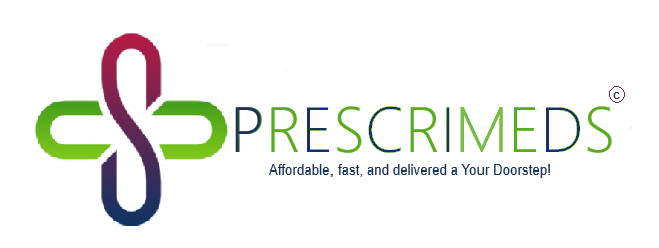Hypertension Mastering Men’s Health
Introduction to Hypertension in Men’s Health
In the realm of health concerns, hypertension emerges as a formidable adversary, affecting individuals regardless of their gender. However, for men, comprehending the intricate interplay of factors that contribute to hypertension is pivotal. This article embarks on a journey through the intricacies of hypertension in men, delving into its origins, risk determinants, prevention strategies, and effective management techniques.
Decoding Hypertension for Men
Hypertension, colloquially referred to as high blood pressure, signifies a condition where the force exerted by blood on artery walls surpasses healthy levels. The consequences of unchecked hypertension are far-reaching, encompassing heart ailments, strokes, and kidney complications. Men, distinct in their physiological makeup and lifestyle choices, confront a unique spectrum of factors that impact their susceptibility to this condition.
Risk Factors and Lifestyle Choices
Numerous factors contribute to the genesis of hypertension in men:
- Genetic Predisposition: An ancestral history of hypertension can significantly elevate the likelihood of this condition in men.
- Age and Progression: As men advance in age, the risk of hypertension elevates, emphasizing the need for vigilant monitoring.
- Dietary Habits: The consumption of sodium-laden foods, saturated fats, and processed edibles can contribute to blood pressure spikes.
- Sedentary Patterns: A lifestyle devoid of physical activity sets the stage for weight gain and consequent hypertension.
- Alcohol Intake: Excessive consumption of alcohol can heighten blood pressure, posing a risk to men’s cardiovascular health.
- Tobacco Usage: The detrimental impact of smoking on blood vessels accentuates blood pressure concerns in men.
Medication Solutions for Hypertension
In addition to lifestyle modifications, certain medications can assist in managing hypertension effectively:
- Propranolol 40mg: A medication that helps to reduce high blood pressure by blocking the effects of certain natural chemicals in your body, such as epinephrine.
- Valsartan Viatris 40 mg: A medication that belongs to a class of drugs known as angiotensin receptor blockers (ARBs), helping to relax and widen blood vessels, thus lowering blood pressure.
The Male Terrain: Stress and Workplace Dynamics
The realm of work presents a distinct dimension in the hypertension narrative for men. Occupations fraught with stress, high-pressure deadlines, and prolonged hours can catalyze chronic stress, influencing blood pressure. Navigating these waters necessitates the adoption of tailored stress management techniques – physical activities, mindfulness practices, and leisure pursuits – to mitigate the associated risk.
Fortifying the Fortress: Prevention and Management
Empowerment through awareness, coupled with proactive strides toward heart health, forms the bedrock of preventing and managing hypertension.
- Nutrition Nurturance: The bedrock of health rests on a diet rich in fruits, vegetables, whole grains, lean proteins, and healthy fats. Optimal nutrition contributes to weight management and controlled blood pressure.
- Physical Empowerment: Engaging in consistent exercise – whether through cardiovascular routines, resistance training, or recreational sports – aids in weight control and overall heart health.
- Stress Sentinel: Proactively combating stress with relaxation techniques, hobbies, and fostering interpersonal connections can usher in a positive impact on blood pressure.
- Vigilant Monitoring: Regular medical check-ups act as a sentinel for blood pressure fluctuations, allowing for timely intervention and management.
Conclusion
As the tapestry of men’s health unfolds, the thread of hypertension assumes an intricate pattern. By embracing informed decisions and cultivating a heart-healthy lifestyle, the specter of high blood pressure can be held at bay. For men, awareness of risk factors, dietary choices, regular exercise, stress management, and proactive medical engagement stand as pillars of heart health. The trajectory of tomorrow’s well-being is sculpted by today’s choices. In the pursuit of vibrant living, it’s the small steps that lead to monumental strides.


